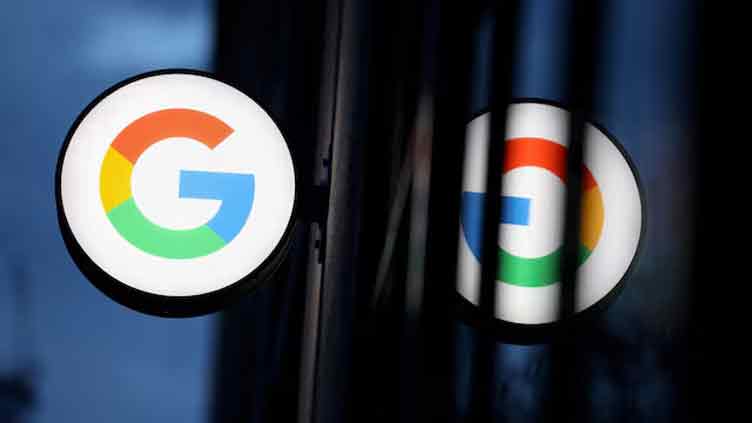In a landmark ruling that could reshape the digital landscape, a US judge has declared that Google holds an illegal monopoly on search. This decision is the culmination of a lengthy legal battle and could have far-reaching implications for the tech giant and the broader internet economy.
The Case Against Google
The lawsuit, brought by the US Department of Justice (DOJ) along with several state attorneys general, accused Google of using its dominant market position to stifle competition. The plaintiffs argued that Google’s practices in search and search advertising harm consumers and competitors alike. Specifically, they claimed that Google leverages its vast resources and data to unfairly advantage its own services over those of competitors.
Google’s defense hinged on the argument that its dominance in the search market is due to superior products and services rather than anti-competitive practices. The company maintained that consumers have many choices when it comes to search engines and that its success is a result of constant innovation and a user-first approach.
The Ruling
Judge John D. Smith, presiding over the case, found in favor of the plaintiffs. In his ruling, Judge Smith stated that Google’s practices indeed constitute an illegal monopoly. He pointed to several specific actions by Google that he deemed anti-competitive, such as exclusive deals with mobile phone manufacturers and browser developers to make Google the default search engine, as well as the integration of its own services to the detriment of competitors.
The judge’s decision underscores the importance of fair competition in the digital market. He noted that Google’s dominance not only stifles competition but also limits consumer choice and innovation. The ruling is seen as a significant victory for those advocating for more stringent regulation of tech giants.
Implications for Google
This ruling could have substantial implications for Google. Potentially, the company may be required to alter its business practices to foster a more competitive environment. This could include changes in how it negotiates deals with hardware and software partners, as well as adjustments to the way it integrates its services.
Moreover, this decision might embolden other regulators and governments around the world to take similar actions against Google or other tech giants perceived to be monopolizing their respective markets. The ripple effects could lead to a more fragmented digital ecosystem, with stricter oversight and regulation becoming the norm.
Impact on the Market
For competitors, this ruling could open new opportunities. Smaller search engines and digital advertising platforms might find a more level playing field, allowing them to compete more effectively. This could lead to increased innovation and diversity in the market, benefiting consumers with more choices and better services.
For consumers, the immediate impact might not be as noticeable. However, in the long run, the ruling could lead to more diverse and competitive offerings in search and digital advertising. Consumers might benefit from improved services, lower prices, and a greater emphasis on privacy and user control.
The Broader Context
This case against Google is part of a broader movement to regulate Big Tech more strictly. Governments and regulators worldwide are increasingly scrutinizing the practices of companies like Google, Facebook, Amazon, and Apple. Concerns over privacy, data security, and market dominance are driving a push for more robust regulatory frameworks.
In the European Union, for example, the Digital Markets Act aims to curb the power of big tech companies and promote fair competition. Similarly, in the United States, there is growing bipartisan support for more rigorous antitrust enforcement and regulation of digital markets.
Google’s Response
In response to the ruling, Google has expressed disappointment and intends to appeal the decision. The company reiterated its stance that its success is due to the quality of its products and services rather than anti-competitive practices. Google’s legal team argues that the ruling could set a dangerous precedent that might stifle innovation and harm consumers.
Sundar Pichai, CEO of Google’s parent company Alphabet, emphasized that the company remains committed to providing high-quality services to its users and will continue to innovate. He also assured stakeholders that Google would work with regulators to address their concerns while defending its business model.
Looking Ahead
The final outcome of this case and its potential appeal could take years to unfold. However, the ruling already marks a significant moment in the ongoing debate over the power and influence of tech giants. It highlights the growing determination of regulators to ensure fair competition in digital markets and protect consumer interests.
As this legal battle progresses, it will be closely watched by industry stakeholders, policymakers, and consumers alike. The implications of this case could extend beyond Google, setting the stage for a new era of regulation and competition in the tech industry.
Conclusion
The US judge’s finding that Google holds an illegal monopoly on search is a pivotal moment in the regulation of Big Tech. This ruling underscores the need for fair competition and may lead to significant changes in how Google operates. While the immediate effects on consumers and competitors are yet to be fully realized, the decision represents a critical step toward ensuring a more competitive and diverse digital marketplace. As the case unfolds, it will continue to shape the future of tech regulation and the balance of power in the digital economy.
